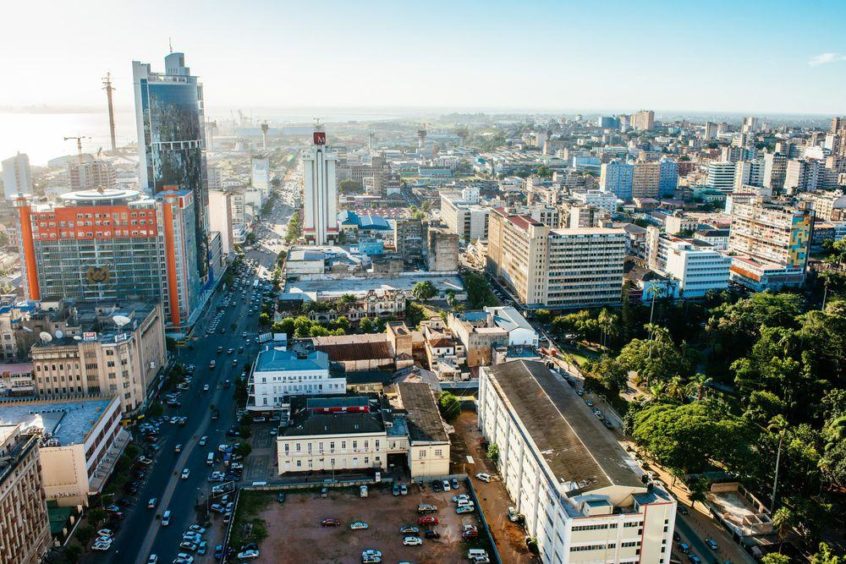
Europe’s desire to replace Russian gas with African supplies risks slowing investments into renewables, warns a new report from Think Research and Advisory.
There are “considerable risks”, the Saudi Arabia-based advisory firm said.
European leaders have called for Africa to move to clean energy. However, funding has not been forthcoming, not least with the $100 billion of funding promised but not delivered at Paris in 2015.
On the other hand, investment and political support for new LNG projects has rocketed to the top of the agenda this year.
Resource-rich African states are likely to find more support for financing these developments, Think said. Such investments could be “beneficial in the near term”, the report said, but there is a risk of developing projects solely for European demand.
Stranded assets
Alongside its push for short term gas, Europe is also focused on a transition to other sources of energy. The European Commission has advised against gas contracts beyond 2030.
“Gas and renewables projects are likely to compete for the same pools of finance – a prospect that would prove detrimental to the advancement of clean energies”, the report said. Investors are likely to be incentivised to pursue gas projects over renewables projects, which will serve less rewarding African demand.
A move into exporting gas for African states runs a risk of creating stranded assets. Potential costs “would be extremely high in terms of its development and in relation to climate change risks”, the report said.
Gas demand forecasts for Europe show declines by 2030. The Think report noted that this meant that projects only have eight years to start up and begin supplying. Given that construction will take some years and that exports are typically planned to continue for 20-25 years, there is a fundamental mismatch.
“Europe is working with a short-term fix mindset, whereas Africa needs long-term financial and energy sustainability,” said the authors.
Resilience
North Africa has essentially no problems with electricity access. In sub-Saharan Africa, though, only 46% of people have access to power in 2021. The number of people without power is growing.
Renewable energy offers an opportunity to tackle the historic problems of power generation in these countries. Typically state-owned utilities have focused on building large-scale power plants, with distribution through a grid.
Think argues, though, that a move to renewables would provide more resilience than this centralised model. Mini or micro grids, or on premise generation, reduces the risk of disruption to power deliveries, it said.
Recommended for you

